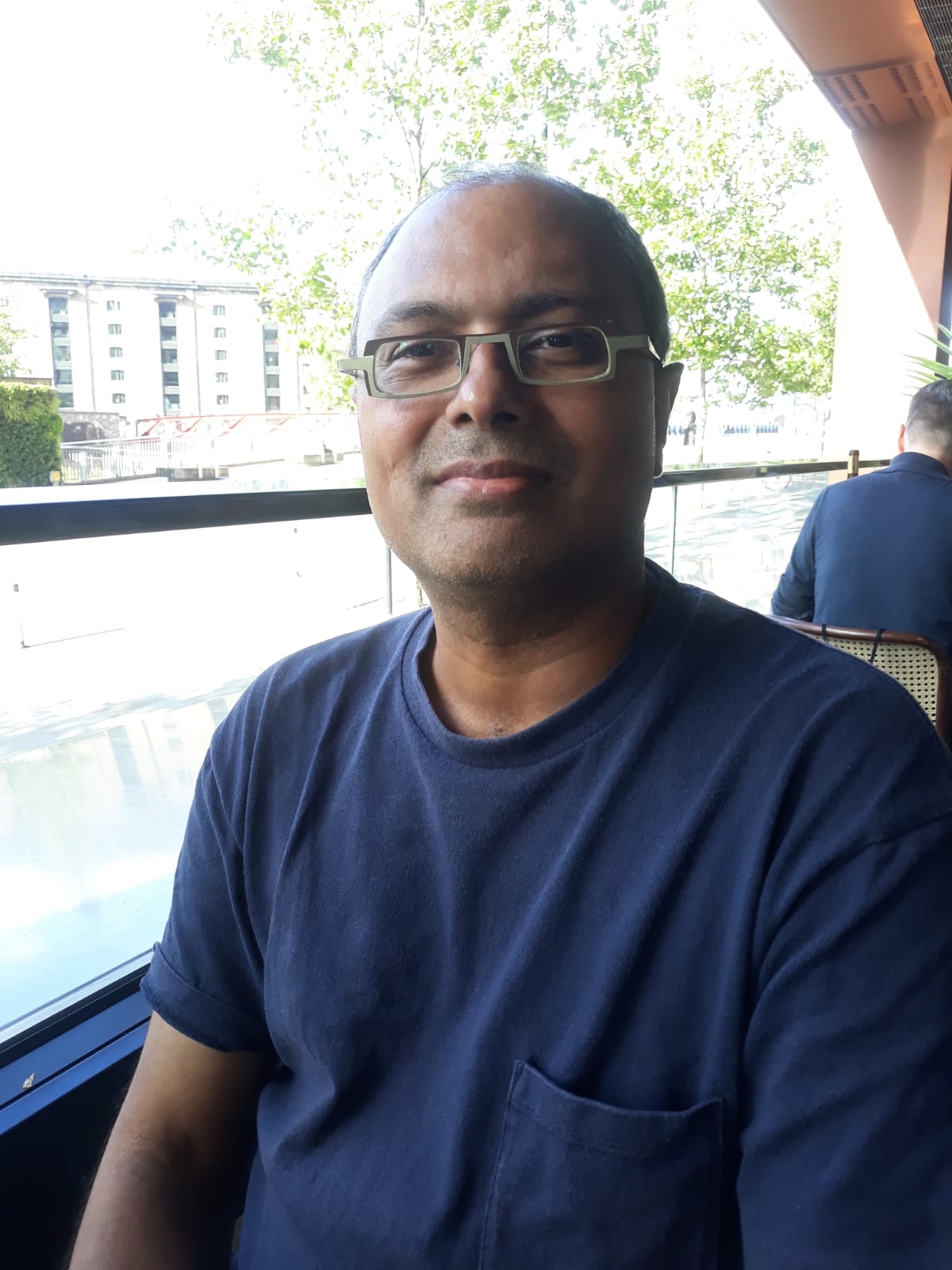STUDYING law doesn’t have to lead to a career in the courtroom - it could also take you into the complex worlds of religion, politics and conflict resolution.
That’s according to Dr Roshan de Silva-Wijeyerante, a Senior Lecturer in Law at Liverpool Hope University.
And Dr de Silva-Wijeyerante is a shining example of such a route.
He’s an expert on the constitutionalising of religion - defined as a body of law that defines the role, powers, and structure of religion as a key aspect of the state, particularly in post-colonial societies.
In particular, he’s a specialist when it comes to ethno-religious conflicts, specifically in South and Southeast Asia.

Back in 2014, he was asked to take a role in Sri Lanka’s constitutional reform process following a devastating civil war that raged between 1983 and 2009.
While the process did not lead to a lasting solution of Sri Lanka’s state crisis, it initiated a dialogue which continues.
And Dr de Silva-Wijeyerante says that if you’re thinking about law as a profession, you need to recognise that there’s a huge scope beyond the traditional boundaries of trials and chambers.
He said: “My career is perhaps a counterpoint to the traditional idea of law. And it’s important for students to understand that studying towards a degree in Law does not mean you will spend all of your time in a courtroom. I gravitated towards legal history with my doctorate.
“My PhD was an exploration of post-colonial constitutional history and the relationship to Buddhism in Sri Lanka, in particular. As an undergraduate at the School of Oriental and African Studies, I studied comparative legal systems, which often had a religious focus to it.
“And this type of study ultimately has very real, practical professional applications.”
At Hope, Dr de Silva-Wijeyerante is the course leader for Legal Theory and he teaches Public Law and Legal Methods.
He’s also a prolific writer, having authored the 2014 book Nation, Constitutionalism and Buddhism in Sri Lanka and also penned a fascinating new article for the website Focaal Blog, where he embarks on an analysis of the relation between religious modernism and violence in Sri Lanka and Thailand.
And Dr de Silva-Wijeyerante says that if you’re looking to pursue a similar path in law, there are multiple careers you might end up enjoying.
He explains: “Public policy work is an option, or perhaps operating with an NGO (Non-Governmental Organisation) or human rights organisations - particularly NGOs that work with religion in public and civic life.
“More locally, you might think about a career in the civil service or working for an organisation that tries to harness religion for public policy ends.
“And whichever route you choose, you can make a real difference - and enjoy all the rewards which go along with that.”
The world of law is also constantly shifting and changing - which Dr de Silva-Wijeyerante says creates enormous opportunities for graduates.
He adds: “Recent stats show that 50 per cent of all Law undergraduates go into practice - but within a couple of years they’ve also left the world of legal practice.
“For me, constitutional law is precisely the kind of work that introduces students to a broad education that embeds law - and issues around violence and the nation-state - within a comparative context.
“And it’s this context that students need to study. It’s up to us to create a course that develops a teaching agenda that reflects the kind of diversity you see in the student body, to make them more dynamic as professionals.”



